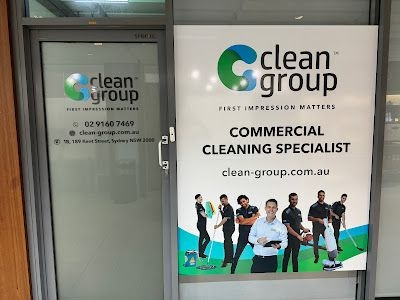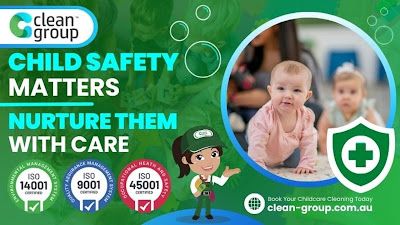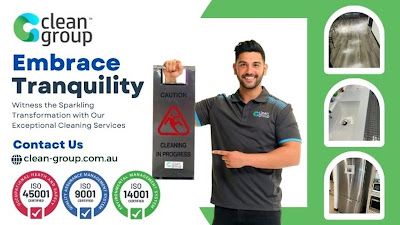
What are the key features of Clean Group’s commercial cleaning services?
Deep Cleaning vs. General Cleaning: What’s the Difference?
In addition to the traditional cleaning methods and innovations already mentioned, the cleaning industry continues to evolve as environmental concerns, technological advancements, and health considerations drive change. One major shift in the industry is the growing demand for eco-friendly or "green" cleaning solutions. These products are designed to minimize the environmental impact of cleaning while still being effective in removing contaminants. Green cleaning products often use plant-based ingredients, biodegradable materials, and sustainable packaging, reducing the amount of harmful chemicals released into the environment. As a family-owned business, Clean Group places a strong emphasis on building lasting relationships with clients. They treat every client like part of the family and go the extra mile to ensure satisfaction. Over the years, Clean Group has earned the trust of a wide range of clients, including leading brands across Kings Cross, NSW. Their dedication to customer service and commitment to high-quality cleaning has made them the go-to cleaning service provider for businesses in the area. Commercial Cleaning Kings Cross The reputation Clean Group has built over the years is a testament to its outstanding service. Many leading brands in Kings Cross trust Clean Group with their commercial cleaning needs. From small businesses to large corporations, Clean Group has demonstrated its ability to meet the cleaning demands of diverse industries. Their expertise in cleaning various commercial spaces ensures that every client receives tailored services that meet the unique requirements of their workplace.. In both commercial and domestic cleaning, there is a rising awareness about the need for sustainability, and consumers are increasingly opting for products and services that align with environmentally responsible practices.
The cleaning industry also uses advanced technologies such as plasma cleaning, which uses energetic plasma to clean surfaces, and vacuum cleaning, which is common in both domestic and commercial settings. Steam cleaning is another effective method for removing dirt, stains, and microorganisms from various surfaces. Ultraviolet germicidal irradiation is commonly used in medical and food industries to eliminate harmful microorganisms. These technological advancements make cleaning more efficient, precise, and suitable for various applications.
In addition to technology, workforce development remains a cornerstone of industry growth. As the demand for skilled labor grows, cleaning companies are placing greater emphasis on employee retention, training, and engagement. Competitive wages, career development programs, and supportive work environments are becoming key strategies for attracting and retaining top talent. Many companies are also investing in certification programs to ensure their staff meet industry standards and provide consistent, high-quality service.

